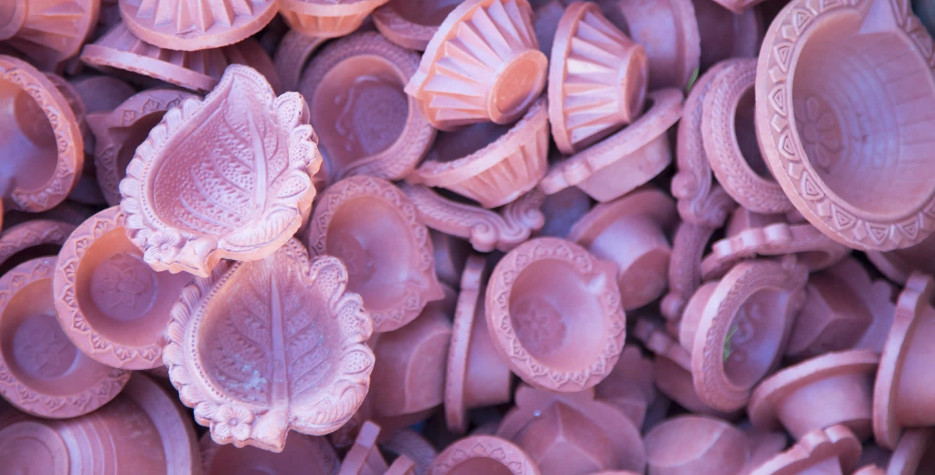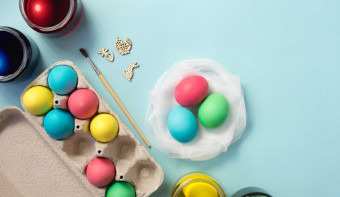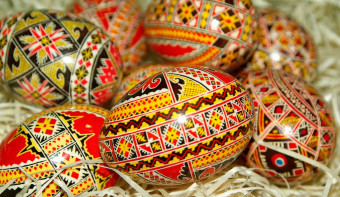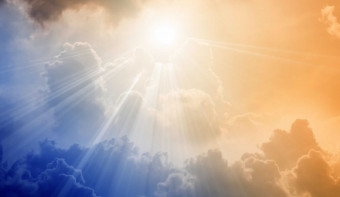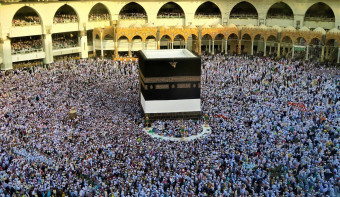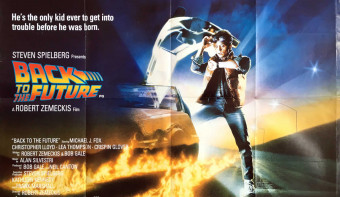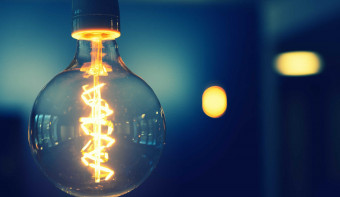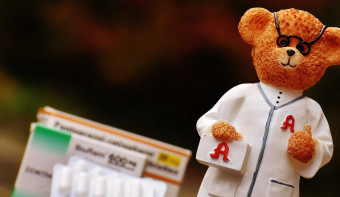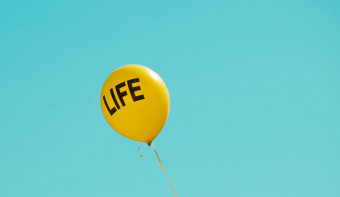About Diwali
When is Diwali?
The Festival of Lights is known as Deepavali (deep - lamp, vali - array). This is the name of the festival in Southern India and is how the festival is referred to in other Asian countries such as Malaysia and Singapore. In Northern India, it is more commonly known as Diwali, but they are essentially the same celebration.
In these countries and for Hindus around the world, the celebration revolves around the triumph of good over evil, purity over impurity, light over darkness. It is one of the most important Hindu festivals.
Traditions of Diwali
Diwali marks the return of Lord Rama, who was the seventh incarnation of Vishnu, from a fourteen-year exile.
The Festival of Lights takes place on the darkest night (the first night of the new moon) in the month of Kartik in the Hindu calendar.
Across India streets and temples are decorated with spectacular light displays and colourful garlands.
In their homes, people light small oil lamps called diyas. It is believed that deceased relatives come back to visit their families on Earth during this festival and the lights are a way to guide the spirits home. The sound of firecrackers exploding is common as the noise is said to drive away evil spirits.
Over 70% of all firecrackers used during Diwali come from the town of Sivaski in Tamil Nadu.
Families, friends and business associates exchange gifts and sweets, settle old business deals and are encouraged to rid themselves of hate, anger and jealousy.
The festival is a time for rejoicing and renewal.
Diwali holds significance not only in Hinduism but also in Sikhism who celebrate the release of their sixth Guru (literal translation: teacher) Hargobind. To Sikhs, it is known as Bandi Chhor Divas. The Jains celebrate it as the day when Lord Mahaveer, the last trithankara, attained Nirvana or Moksha.
Similar Observances
Orthodox Easter 🥚
Read More
Ascension ✝️
Read More
Eid Al Adha 🕋
Read More
Other Observances on October 21st 2025
World Energy Saving Day ♻️
Read More


